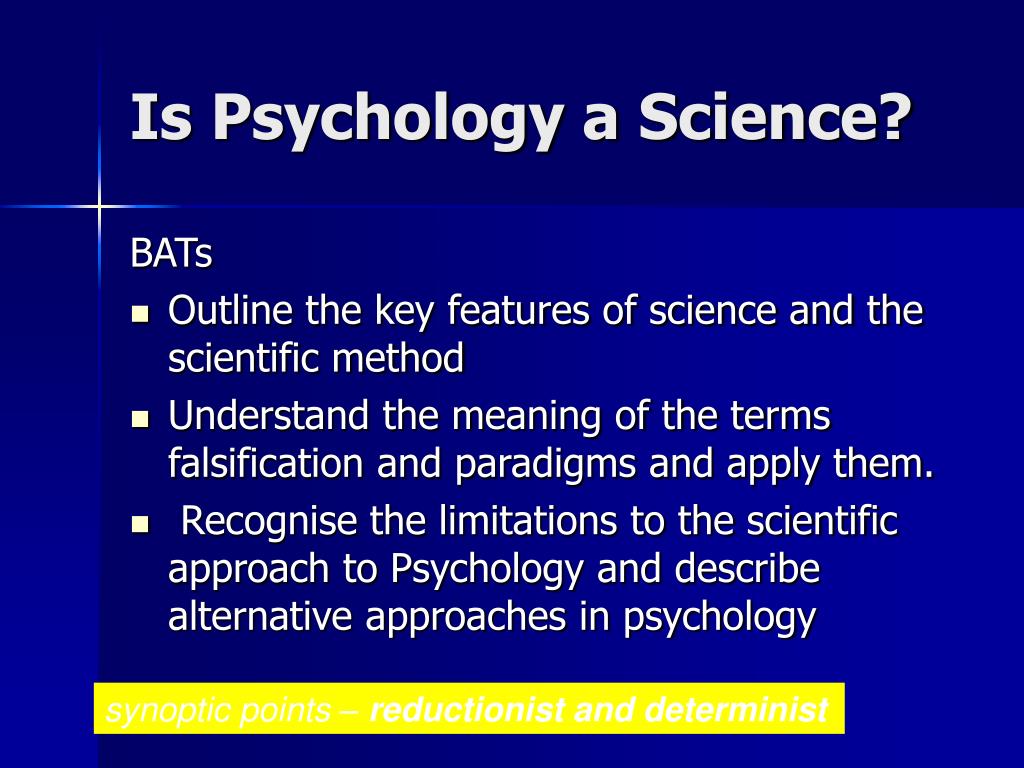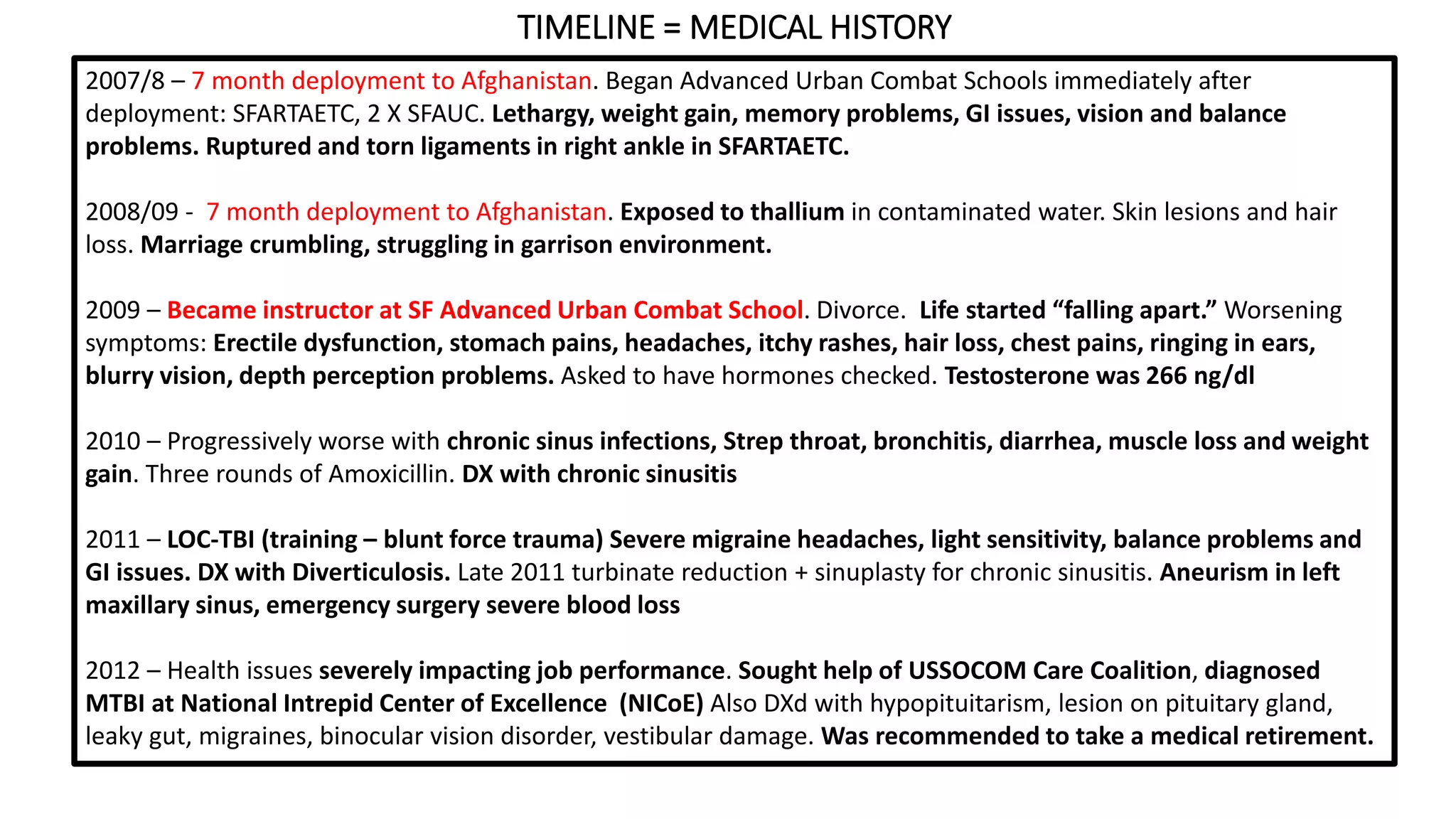Essential Questions to Ask a Career Coach: Maximizing Your Professional Development
Essential questions to ask a career coach: maximize your professional development
Work with a career coach can be a transformative experience for your professional life. Whether you’re feel stuck in your current role, contemplate a career change, or aim to accelerate your professional growth, a career coach provides valuable guidance, perspective, and accountability. Notwithstanding, the effectiveness of coaching sessions mostly depend on the questions you ask. Know what to ask a career coach can help you extract maximum value from your investment and drive meaningful career advancement.

Source: servingtogetherproject.org
Understand the purpose of career coaching
Before diving into specific questions, it’s important to understand what career coaching is design to accomplish. Career coaches are professionals who help clients identify and achieve career goals through personalized guidance, feedback, and support. Unlike therapists or counselors, career coaches focus specifically on professional development and career relate challenges.
A good career coach doesn’t tell you what to do but kinda help you discover your own answers through target questioning, assessments, and exercises. They serve as objective sounding boards, accountability partners, and navigational guides for your career journey.
Initial questions to ask a potential career coach
Before commit to work with a specific career coach, ask these questions to ensure they’re the right fit for your needs:
About their background and approach
- What’s your professional background and coach experience?
- What certifications or credentials do you hold?
- What’s your coach philosophy or methodology?
- Do you have experience coach clients in my industry or with my specific career challenges?
- Can you share examples of how you’ve help clients with similar goals to mine?
- How do you measure success with your clients?
About the logistics
- What’s your fee structure and payment policy?
- How often do you recommend we meet?
- What’s the typical duration of our coaching relationship?
- Do you offer sessions in person, near, or both?
- What’s your cancellation policy?
- Do you provide resources or assignments between sessions?
Questions to ask during your career assessment phase
The early stages of career coaching frequently involve assess your current situation, values, strengths, and aspirations. These questions can help you gain clarity:
Self discovery questions
- What assessments do you recommend helping me understand my strengths, skills, and work preferences?
- How can I identify my core values and ensure my career aligns with them?
- What patterns do you notice in my work history that might indicate my ideal career path?
- How can I distinguish between temporary job dissatisfaction and the need for a career change?
- What methods can I use to identify my transferable skills?
- How can I advantageously understand what motivate me professionally?
Current situation analysis
- What do you see as my primary obstacles or challenges base on what I’ve share?
- Are there blind spots in my professional self perception that I should address?
- How does my current role align with my long term career aspirations?
- What professional development opportunities should I prioritize give my career goals?
- How can I intimately leverage my exist network and relationships?
Questions for career transition guidance
If you’re considered a career change or transition, these questions can help you navigate this complex process:
Explore new paths
- What industries or roles might be a good fit base on my skills, interests, and values?
- How can I efficaciously research potential new career paths?
- What strategies can I use to test or sample potential new careers before commit?
- How can I identify and address potential skill gaps for my desire role?
- What’s a realistic timeline for my transition, and how should I pace myself?
Manage the transition
- How can I position my previous experience to appeal to employers in my new target field?
- What’s the best way to explain my career change to potential employers?
- How can I build credibility in a new field without start altogether from scratch?
- What financial considerations should I prepare for during this transition?
- How can I maintain momentum and confidence during what might be a lengthy transition process?
Questions about job search strategy
Whether you’re actively job hunting or prepare for future opportunities, these questions can strengthen your approach:
Resume and personal branding
- How can I make my resume stand out for my target roles?
- What should I emphasize in my LinkedIn profile and other professional platforms?
- How can I develop a compelling personal brand that align with my career goals?
- What’s the virtually effective way to communicate my unique value proposition?
- How should I tailor my application materials for different opportunities?
Job search tactics
- What job search strategies are near effective in my industry?
- How can I tap into the hide job market?
- What networking approaches would you recommend for someone with my personality and goals?
- How should I prepare for different types of interviews in my field?
- What salary negotiation strategies would be appropriate for my situation?
- How can I evaluate job offers beyond equitable compensation?
Questions for career advancement
If you’re look to grow within your current career path, consider these questions:
Professional development
- What skills or credentials would make me virtually competitive for advancement in my field?
- How can I increase my visibility within my organization or industry?
- What leadership qualities should I focus on develop?
- How can I demonstrate my readiness for greater responsibility?
- What professional organizations or communities should I consider join?
Workplace navigation
- How can I intimately manage difficult workplace relationships?
- What strategies can help me communicate more efficaciously with my manager?
- How should I approach ask for a promotion or raise?
- What’s the best way to respond to feedback or criticism?
- How can I advocate for myself without appear self center?
- What techniques can help me manage workplace stress and prevent burnout?
Questions about work life integration
Career success isn’t exactly about professional achievement. These questions address the broader context of your life:
- How can I intimately align my career with my personal values and priorities?
- What boundaries should I establish to maintain a healthy work-life balance?
- How can I design a career that accommodate my personal circumstances and responsibilities?
- What strategies can help me manage career relate stress?
- How can I build resilience to navigate professional setbacks?
Questions for ongoing coaching success
To maximize the effectiveness of your coaching relationship, ask these questions throughout your work unitedly:
- How can we advantageously measure my progress toward my goals?
- What accountability structures would be about helpful for me?
- How should we adjust our approach if I’m not seen the resultsIi want?
- What homework or practices would help me make the most progress between sessions?
- How can I wellspring prepare for our coaching sessions?
Questions for long term career planning
Look beyond immediate challenges, these questions help you develop a strategic approach to your career:

Source: coaching online.org
- How can I develop a five-year career plan that’s both aspirational and realistic?
- What industry trends or changes should I be aware of and prepare for?
- How can I future-proof my career in a quick change job market?
- What strategies can help me build financial security while pursue my career goals?
- How should I think about the role of work in my life as I age and my priorities evolve?
Make the most of your career coaching investment
Career coaching is a significant investment of time, energy, and money. To maximize your return on this investment:
Come prepare
Prepare for each session by reflect on your progress, challenges, and questions. Consider keep a journal of career relate thoughts, observations, and questions between sessions. This practice not but help you make the most of your coaching time but besides develop your self reflection skills.
Be honest and vulnerable
Your coach can but help with challenges you’re willing to share. While it may feel uncomfortable to discuss insecurities, failures, or uncertainties, these conversations frequently lead to the about valuable insights and growth.
Take action between sessions
Coaching is virtually effective when you actively implement the strategies and insights you discuss. Commit to take specific actions between sessions, flush if they’re small steps outside your comfort zone.
Provide feedback
Let your coach know what’s work and what isn’t. If certain approaches or exercises aren’t resonated with you, speak up. Good coaches will appreciate direct feedback and will adjust their methods to advantageously will serve your needs.
When to consider ending coach
Career coaching isn’t mean to continue indefinitely. Consider ask these questions to assess whether it’s time to conclude or pause your coaching relationship:
- Have I achieve the primary goals we establish at the beginning of our work unitedly?
- Do I feel equipped to continue make progress severally?
- Am I systematically implement what i’ve learned without need the accountability of regular sessions?
- Has our work reach a natural conclusion, or would continue to provide diminish returns?
Final thoughts
The questions you ask your career coach shape the direction and depth of your work unitedly. By ask thoughtful, specific questions that address your unique circumstances and goals, you create opportunities for meaningful insights and actionable guidance.
Remember that career coaching is a collaborative process. While your coach bring expertise and perspective, you bring essential knowledge about yourself, your experiences, and your aspirations. The virtually productive coaching relationships balance the coach’s guidance with your active participation and self discovery.
By approach career coach with curiosity, openness, and a willingness to challenge your assumptions, you create the conditions for transformative professional growth. The right questions don’t exactly lead to answers — they lead to new possibilities and perspectives that can basically reshape your career trajectory.



